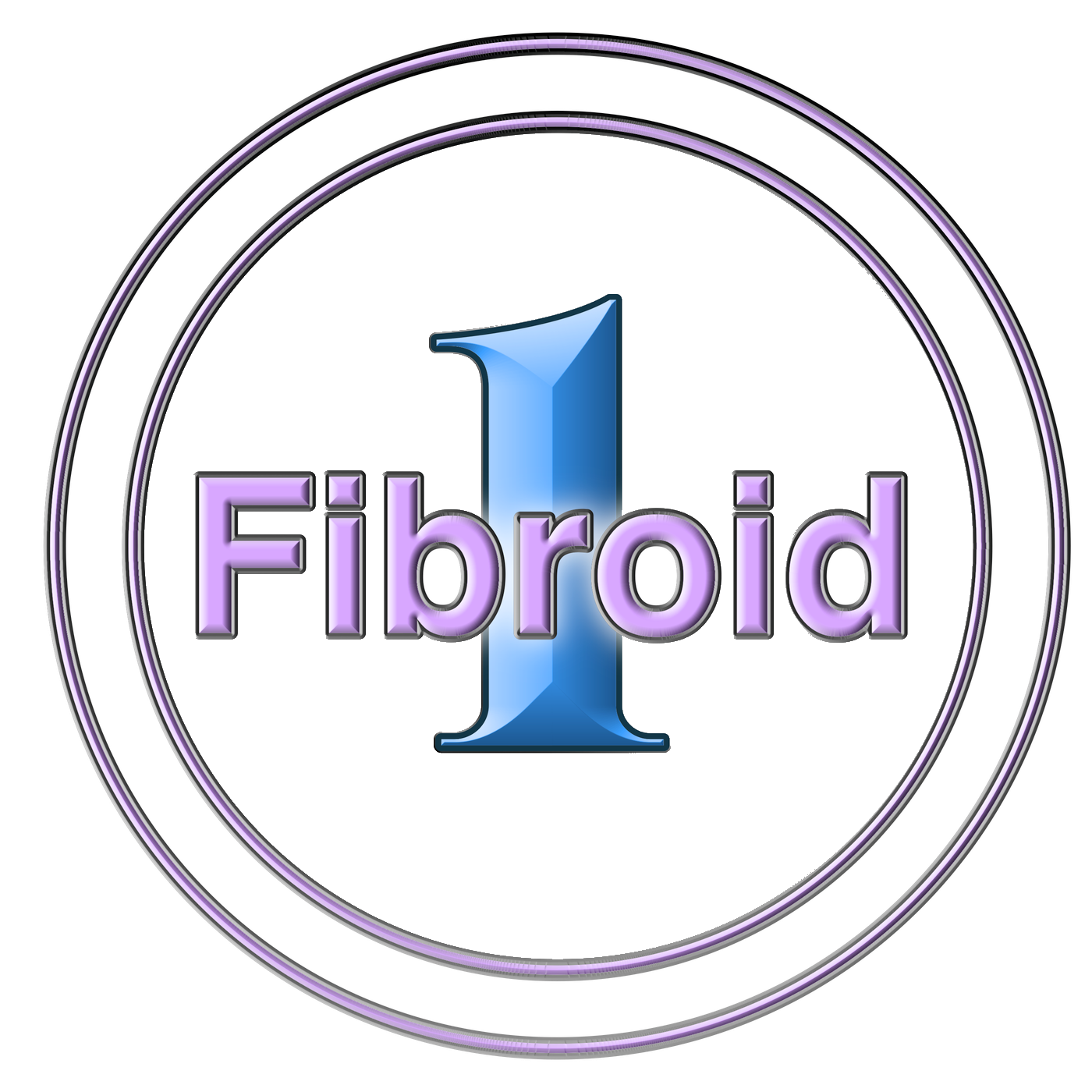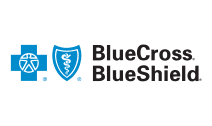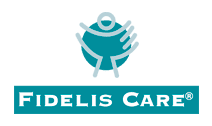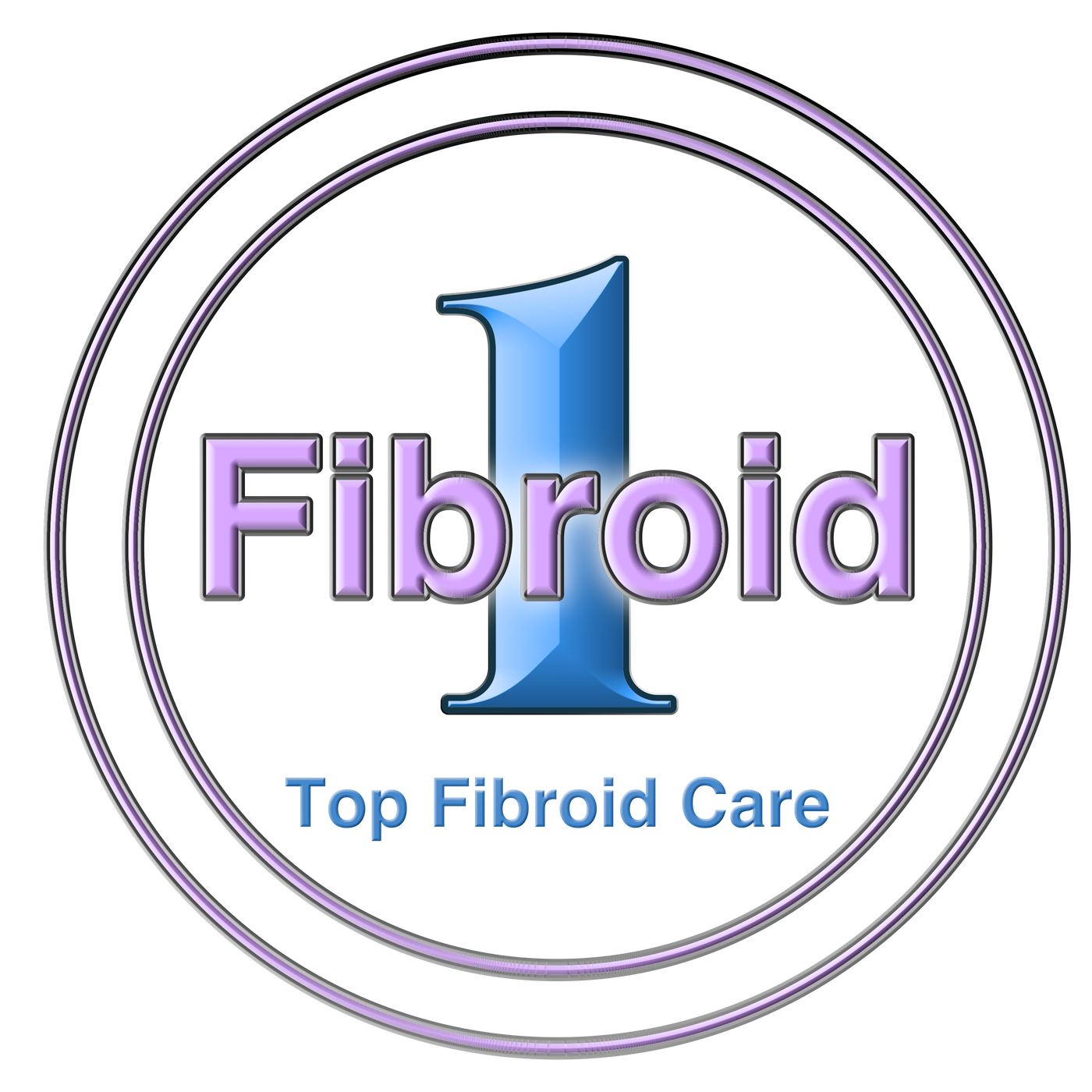Uterine fibroids, though common, are often misunderstood. If you’re reading this, chances are you or someone you know might be experiencing symptoms that could be attributed to uterine fibroids. You’re not alone in this, and it’s essential to understand the signs and symptoms to seek appropriate help and support.
What Are Uterine Fibroids?
Uterine fibroids, also known as leiomyomas or myomas, are non-cancerous growths that develop in or around the uterus. They can vary in size, ranging from tiny seeds to large masses, and they’re more common than you might think, particularly in women of reproductive age.
Signs And Symptoms
1. Menstrual Changes: One of the most common signs of uterine fibroids is changes in your menstrual cycle. You might experience heavier bleeding than usual, prolonged periods, or irregular bleeding between periods. This can lead to anemia due to blood loss.
2. Pelvic Pain: Many women with uterine fibroids experience pelvic pain or pressure. This discomfort can range from mild to severe and may be constant or intermittent. Pain during intercourse is also reported by some women.
3. Frequent Urination: If you find yourself needing to urinate more frequently than usual, especially if it’s accompanied by difficulty emptying your bladder completely, it could be a sign of uterine fibroids pressing on your bladder.
4. Constipation: Fibroids pressing on the rectum can lead to constipation or difficulty passing stools. This symptom is more common with larger fibroids or those located towards the back of the uterus.
5. Abdominal Swelling: As fibroids grow larger, they can cause your abdomen to swell or appear distended, leading to a feeling of fullness or bloating.
6. Back Pain: Fibroids can also cause discomfort in your lower back, especially if they’re pressing on nerves in the pelvic region.
7. Infertility Or Pregnancy Complications: While many women with fibroids have no trouble getting pregnant, some may experience fertility issues. Fibroids can also lead to complications during pregnancy, such as miscarriage, preterm labor, or the need for a cesarean section.
When To Seek Care
If you’re experiencing any of these symptoms, it’s essential to see a healthcare provider. While uterine fibroids aren’t usually life-threatening, they can significantly impact your quality of life. Your healthcare provider can perform a physical examination and may order additional tests, such as an ultrasound or MRI, to confirm the presence of fibroids and assess their size and location.
Treatment Options At 1Fibroid
Treatment for uterine fibroids depends on several factors, including the severity of your symptoms, the size and location of the fibroids, your age, and your desire for future fertility. Here are some common treatment options:
1. Watchful Waiting: If your fibroids are small and not causing significant symptoms, your healthcare provider may recommend monitoring them over time without intervention.
2. Medications: Certain medications such as nonsteroidal anti-inflammatory drugs (NSAIDs), Tranexamic Acid (TXA) and iron supplements can be used to relieve heavy menstrual bleeding, anemia, and painful periods. These methods do not treat fibroids and will not reduce symptoms related to fibroid bulk.
3. Non-Invasive Procedures: Procedures like uterine fibroid embolization (UFE) can be used to shrink fibroids without surgery.
4. Surgical Options: If your symptoms are severe or if you’re nearing menopause, your healthcare provider may recommend surgery to remove the fibroids (myomectomy) or the uterus (hysterectomy).
Coping Strategies
Living with uterine fibroids can be challenging, but there are things you can do to manage your symptoms and improve your quality of life:
- Healthy Lifestyle: Eating a balanced diet, exercising regularly, and managing stress can help alleviate symptoms and promote overall well-being.
- Pain Management: Over-the-counter pain relievers like ibuprofen can help manage pelvic pain and discomfort.
- Support Network: Don’t hesitate to reach out to friends, family, or support groups for emotional support and understanding.
1Fibroid Is Here To Support You
If you suspect you may have uterine fibroids, don’t wait to seek care. Remember, you’re not alone, and there are effective treatment options available. By understanding the signs and symptoms of uterine fibroids and seeking appropriate care, you can take control of your health and well-being.
If you are living with uterine fibroids and curious about your nonsurgical alternatives to fibroid treatment, consider 1Fibroid. 1Fibroid is based in New York, with locations in both Manhattan and Queens. We are committed to women’s care and offer non-invasive options such as medication, hormone therapy, and UFE procedures. If you’re ready to live life without the symptoms of fibroids, call us today at 212-991-9991.












